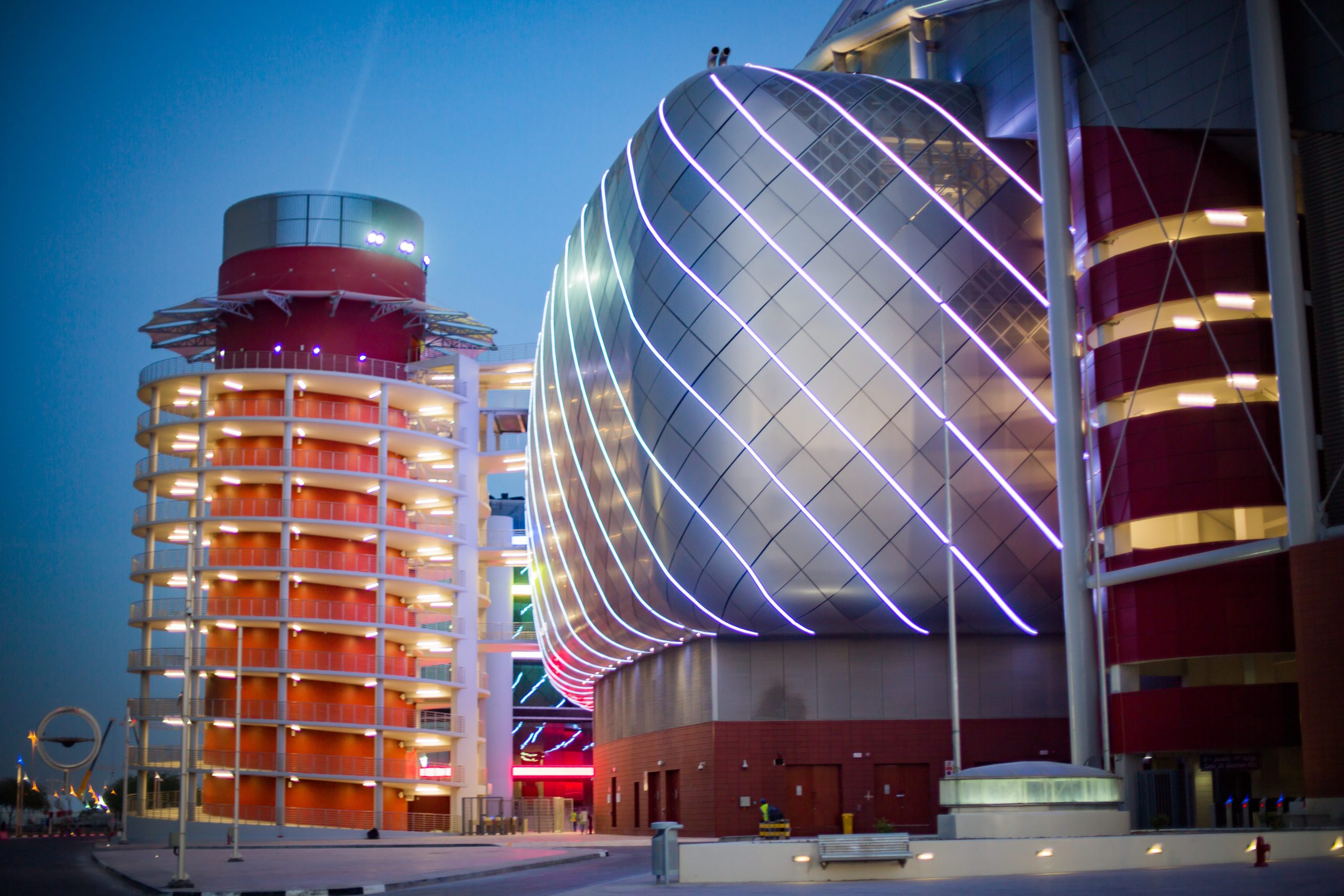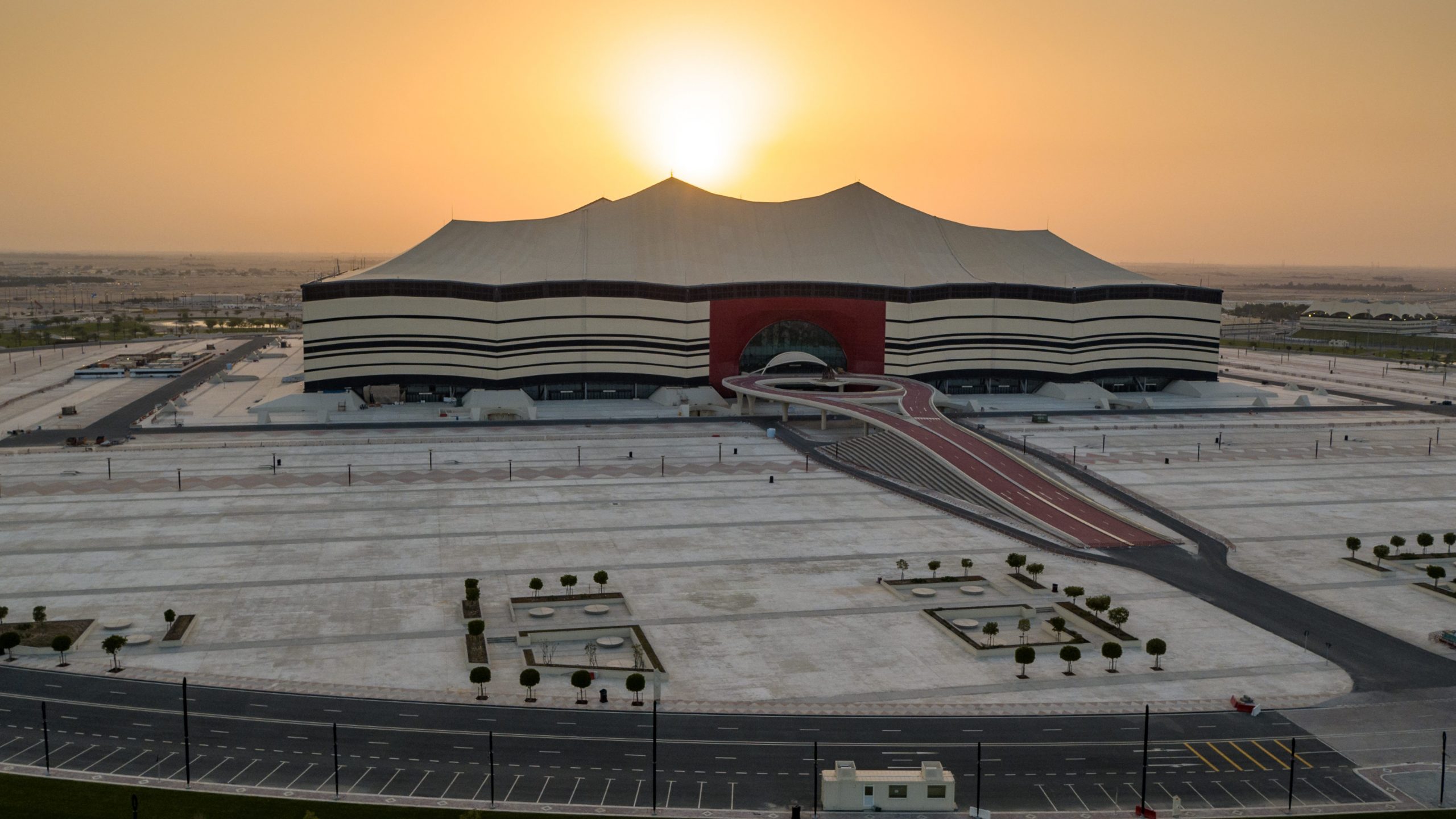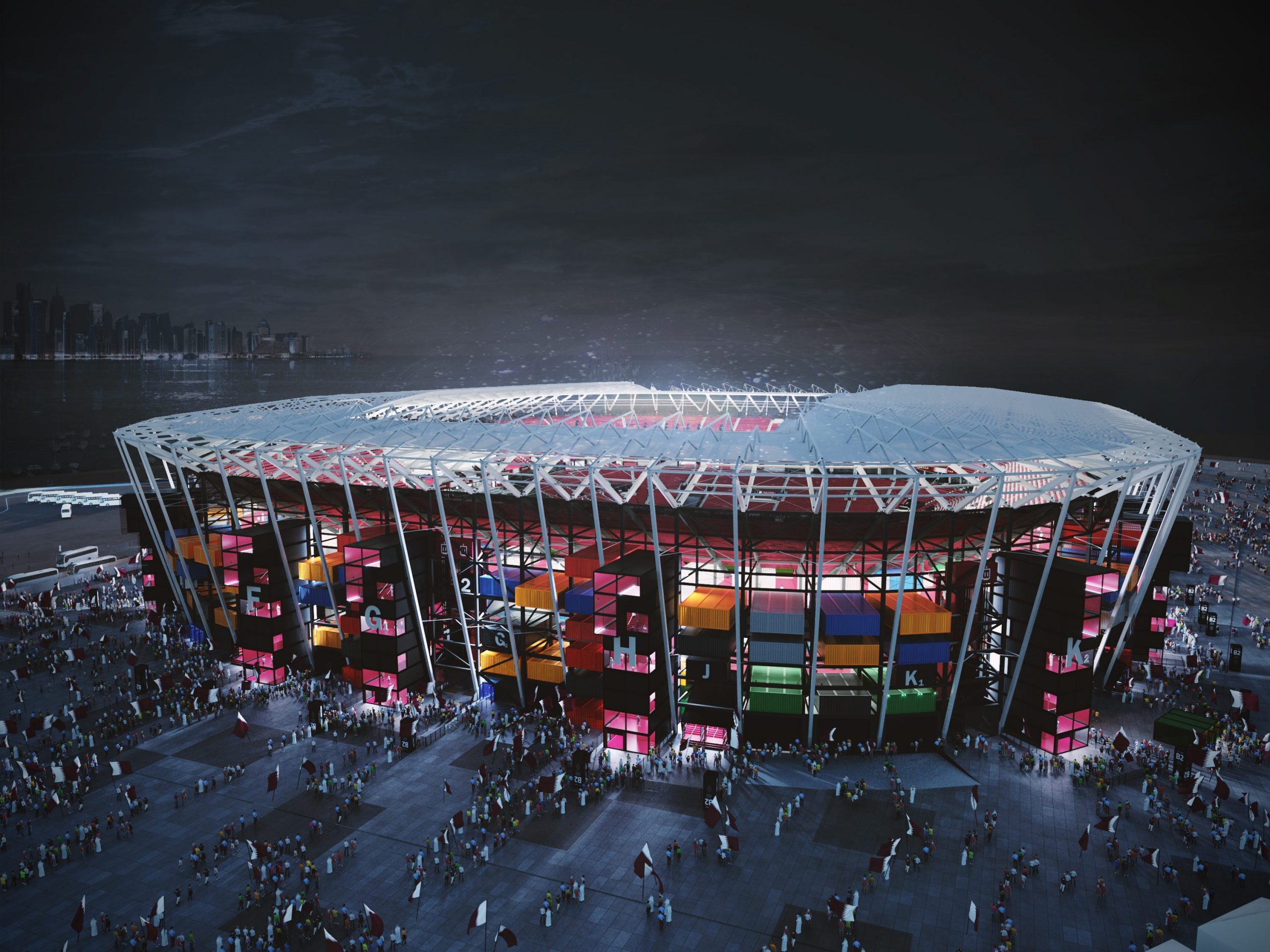21 November marks exactly two years until Qatar’s biggest event of the decade.
The much-anticipated FIFA 2022 World Cup will be the first to take place in the Middle East and the Arab world, and despite the challenges that have emerged this year, Qatar is well on its way to achieving its tasks for the major sporting event.
Some 90% of world cup infrastructure has already been completed and three stadiums have been finalised and scheduled to host several matches ahead of the event, the Supreme Committee for Delivery and Legacy said in a statement to mark two-years to the tournament.
Khalifa International, Al Janoub and Education City stadiums have already been approved following operational tests and are due to welcome international teams as well as football fans for the Asian Federation Cup tournament held in Doha this week.
Read also: Qatar 2022 to serve as ‘global celebration’ post-Covid: SC chief
“2020 has surely been a challenging year for the entire world, and football was no exception,” said FIFA President Gianni Infantino.
“Despite the difficulties, steady progress was made in the last few months, showing yet again Qatar’s strong and continued commitment – under the leadership of the Amir, whom I personally thank – to hosting an unforgettable FIFA World Cup in two years’ time, which will no doubt build a legacy long beyond 2022,” he added.
Beyond iconic designs reflective of Qatar’s heritage, the stadiums offer a lot more.

“Sustainability has been at the heart of all our tournament preparedness efforts from the day we were awarded the rights to host the world’s largest football tournament, back in 2010,” Bodour Al Meer, Sustainability & Environment Senior Manager at the SC said.
“In particular, we have always aimed to ensure that the construction and development of our tournament infrastructure leaves a positive legacy for our planet and sets new standards for delivering sustainable, carbon neutral, mega-sporting events in the future,” he added.
Al Janoub Stadium hosts one of the most efficient cooling systems in the world, saving 40% of the electrical consumption and 98% of the drinking water as compared to traditional cooling systems in other countries.
The Ras Abu Aboud is the first dismountable stadium in FIFA World Cup history and has been designed to later be dissembled and repurposed to provide sporting facilities after the event.
But even outside of the stadiums, sustainability remains a top priority.
Qatar is also expected to boast the world’s first emission-free public transport system for the 2022 FIFA World Cup, in a move that will see the Gulf state turn 25 percent of its public buses into electric vehicles.
The decision comes as part of the country’s 2030 vision, which includes reducing harmful carbon emissions as concerns over a possible expansion of Qatar’s carbon footprint rise over the next decade.
With sustainability playing a crucial part in delivering the games, the electric transport vehicles are expected to be useful during the 2022 World Cup – making it the first championship where electric mass transit buses are deployed.
According to the Supreme Committee for Delivery and Legacy, at least 1.5 million fans from around the world are expected to visit Qatar for the FIFA World Cup 2022, highlighting the importance of health and environment for visitors and local residents.
For the first time ever, the close proximity of the world cup stadiums will allow fans to attend multiple matches a day with a minimal travelling distance.
The longest distance between stadiums is 75km (Al Bayt to Al Janoub), while the shortest is just 5km (Education City to Al Rayyan). Unlike previous tournaments held in other countries, this would mean fans will not be required to book internal flights or multiple hotel bookings.
The further facilitation of transport will be ensured by Qatar’s newly-established modern, countrywide infrastructure, including new highways, roads, bridges and most importantly, the state-of-the-art Doha Metro.
The country’s main airport, Hamad International Airport is also being expanded to comfortably host more than 65 million passengers, with Akbar Al Baker, CEO of Qatar Airways vowing to build something “out of this world”.

As millions around the world witness progress to arguably the most sustainable stadiums in the world, Qatar has also stepped towards protecting millions of migrant workers, including those working on building infrastructure for the world cup, with historic reform to its labour laws.
Though lauded by world leaders and global rights organisations, Amnesty International last week questioned whether the new laws have been implemented by authorities on the ground.
Read also: FIFA Club World Cup to be held in Qatar in February
Responding to the “Reality Check 2020: Countdown to the 2022 World Cup,” Doha in a statement said its labour reform programme is “by no means complete” and vowed to continue working.
The Secretary-General of the SC Hasan Al-Thawadi said he is proud of the progress made in Qatar and suggested the upcoming World Cup would serve as a bridge between cultures.
“We are immensely proud of the progress we have made over the last ten years. Our legacy projects, meanwhile, are already having an impact on people’s lives in areas such as workers’ rights, education and entrepreneurship,” Al-Thawadi said.
“This is an incredibly important FIFA World Cup – for Qatar, the region and the world. Qatar 2022 will introduce billions of people to the Middle East and Arab world for the first time, and help to foster a greater understanding and break down stereotypes that people may have of our country and region. We’re very excited to welcome the world in 2022,” he added.
The opening ceremony for the 2022 World Cup will be held at the iconic, bedouin-style Al-Bayt Stadium on 21 November 2022.
The final will be staged at Lusail Stadium on Qatar National Day on December 18.
Follow Doha News on Twitter, Instagram, Facebook and Youtube







